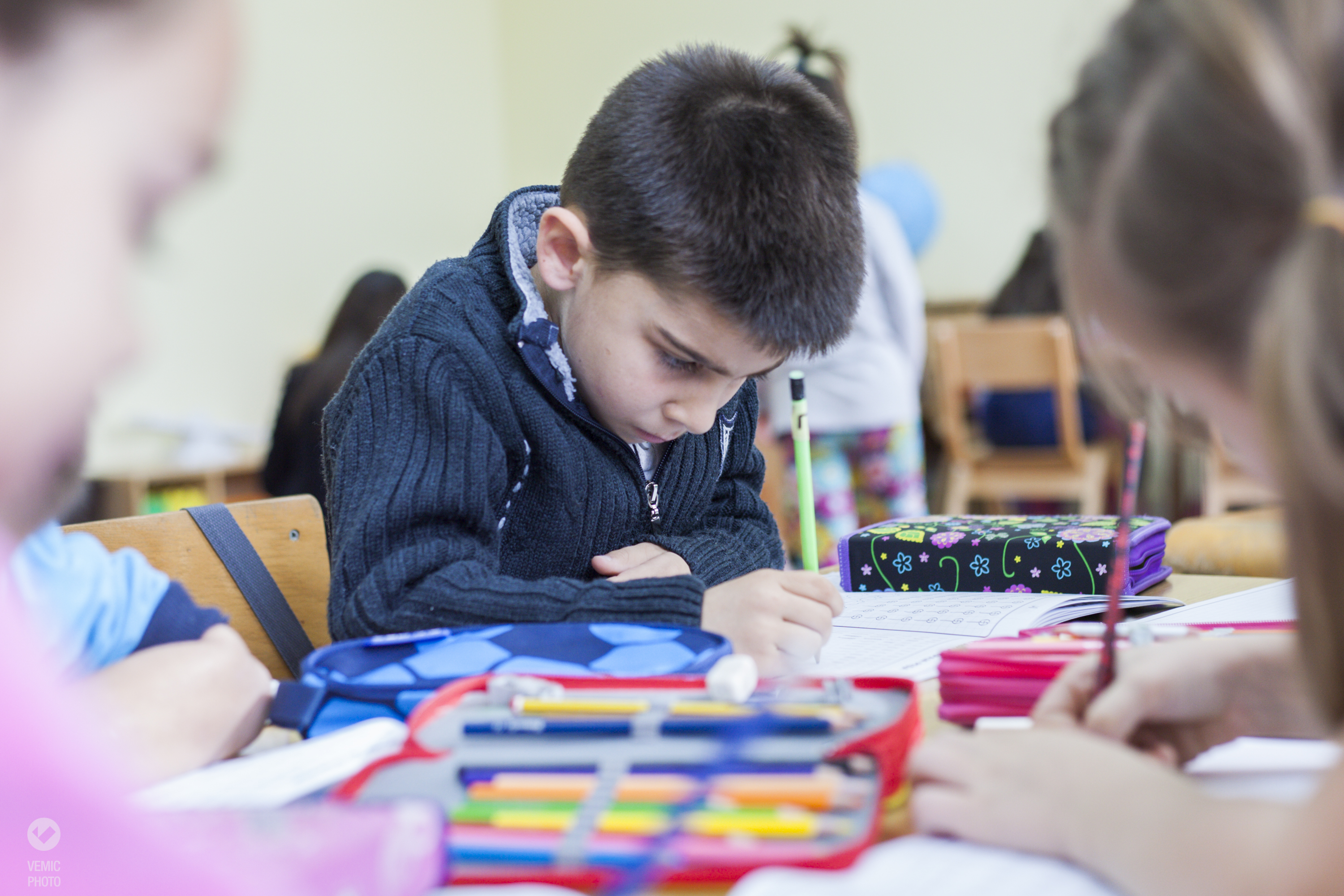Homework can so often be a battleground and it is one of the chief sources of anxiety for many parents.
Whilst all schools have their own policies and expectations regarding homework, in my experience, even giving simple tasks the label of “homework” can whirl both parents and pupils into a state of concern. Ascribing a recommended 15 minutes reading under the umbrella of homework turns, what is highly beneficial and what should be highly enjoyable, into an arduous task. This is not an attitude towards learning that we want to project on our children at a young age. We need to look beyond the label of homework to what is being asked of the children and understand what the purpose of homework in primary schools is.
Homework should not be a series of pointless and boring tasks, the sole objective being to force children into learning at home as well as at school. Its purpose should not be to impose the teacher’s power over a child’s free time and it should not be something which should be rushed through in as little time as possible.
When executed well homework should:
- Allow children to consolidate and practice concepts covered in class maximizing teacher contact time in lessons.
- Comply with the adage that ‘little and often’ allows children to retain new information and concepts more securely.
- Provide teachers with information as to how well children know or understand a topic or are able to apply their learning.
- Allow children to widen the breadth of their learning through research which there may not be time for in class.
- Encourage children to be self-motivated and independent in organizing their own learning as well as instill the attitude that hard work leads to results.
- For younger children, homework instills the habits that they will need further on in their academic career when it will be a key determinant of their success.

Homework should not be a series of pointless and boring tasks, the sole objective being to force children into learning at home as well as at school. Its purpose should not be to impose the teacher’s power over a child’s free time and it should not be something which should be rushed through in as little time as possible.
So, how can you support children doing homework at home?
Never present homework as an onerous or negative task. This instantly makes it something which is then not seen as a positive learning experience.
Make it part of the daily routine.
Whether the task is learning some spellings, reading or an essay on evolution, carve out an appropriate time for it in the day. Producing written work in the car on the school run is not going to be the most productive environment but might be a good opportunity to discuss the topic and for your child to tell you what they already know, giving them an opportunity to subconsciously sort through a task.
Provide a distraction-free environment.
Homework needs to be done in a comfortable, distraction-free environment. The environment needs to be suitable for the task – if it is a written task, it should be done at a table but if it is learning something, the environment might need to suit your child. Whether it is playing catch and your child has to give a new fact every time they catch the ball (bit by bit building up the speed) or playing pairs to match vocabulary, it needs to be time well spent and accessible.
There is absolutely no point in standing over a child at a table forcing them to complete the requisite half an hour if nothing is going in. Little and often is best for learning something. Use post-it notes around the house so that they have constant reminders when they are brushing their teeth or putting on their coat. This will encourage the information to stick.
Do not do your child’s homework!
As a teacher, this is one of the most frustrating things to see. For starters, if the parent has answered the questions, I don’t know what the child can do on their own (the point of the task) and the whole exercise is a waste of everyone’s time. It can also damage their self-esteem as they feel unable not only to do the homework but to have any control as to how to manage that. If a child is stuck on a task, the teacher needs to know this. You can, however, help by talking and asking questions about the topic or ask questions which might jog your child’s memory. If you can see that your child has made some mistakes, don’t point them out.
Encourage them to check through their work and you could try questions such as: Tell me how you answered this question. Explain your method. How did you find this answer? These might enable your child to recognize their mistakes but if not, it is information to the teacher that the child hasn’t understood the work or can’t yet apply it independently. You could always jot a quick note to the teacher or arrange a meeting if you feel concerned about a piece of work or to let them know that they were struggling.

Never present homework as an onerous or negative task. This instantly makes it something which is then not seen as a positive learning experience.
Encourage an enquiring mind.
Learning doesn’t have to be confined just to ‘homework time’ and done on worksheets. If your child is interested in something, in particular, encourage them to find out some more. Encourage them to work out the cost of things when you go shopping and how much money to hand over. Ask them to read instructions from the cookery book and weigh the ingredients or read the signs around town to practice their reading skills. This enables children to see the reasons for the skills they are learning and practicing at school.
Don’t push it too hard.
Tears are not conducive to good learning. Take a break, come back to it and even if your child can’t finish the task, encourage them to try their hardest and have a go. If the recommended amount of time for your child to spend on their homework is half an hour, don’t push them to complete the task if it is going to take them an hour as this could put them off. Equally, if your child is enjoying their work and is engaged, there is no need to cut them off after half an hour but allow them to continue.
If you have any concerns, talk to the teacher.
This could be about the amount of homework, the time it is taking, or that you are not sure that it is pitched at the right level. Working together, you all want the best for your child and communication can be the best way to achieve that.
What are your experiences of homework and what are your tips for making it a positive learning experience? We would love to hear your thoughts.











